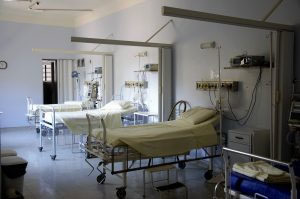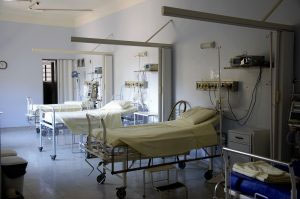Hospitals And Batteries: What You Should Know
 Batteries are the last thing on people’s minds when they are in a hospital. However, without batteries, there would be many barriers. There are many pieces of equipment that run on batteries, and this includes blood analyzers, heart monitors and infusion pumps, as well as defibrillators – so that’s a lot of Yuasa SWL2500EFR batteries!
Batteries are the last thing on people’s minds when they are in a hospital. However, without batteries, there would be many barriers. There are many pieces of equipment that run on batteries, and this includes blood analyzers, heart monitors and infusion pumps, as well as defibrillators – so that’s a lot of Yuasa SWL2500EFR batteries!
Reliable power sources are a must for hospitals. If a power outage were to occur, then they’d need backup equipment. The backup equipment used often runs on batteries, hence another reason why they are so important.
The US market for medical devices is huge, and it generates over $100 billion in revenue, and that is one of the largest markets in the world. Equipment manufacturers do experience issues when it comes to devices that operate on batteries. Battery chemistry is one of those issues and so are discharge profiles.
Battery Chemistry
The main AC … Continue reading >>>








